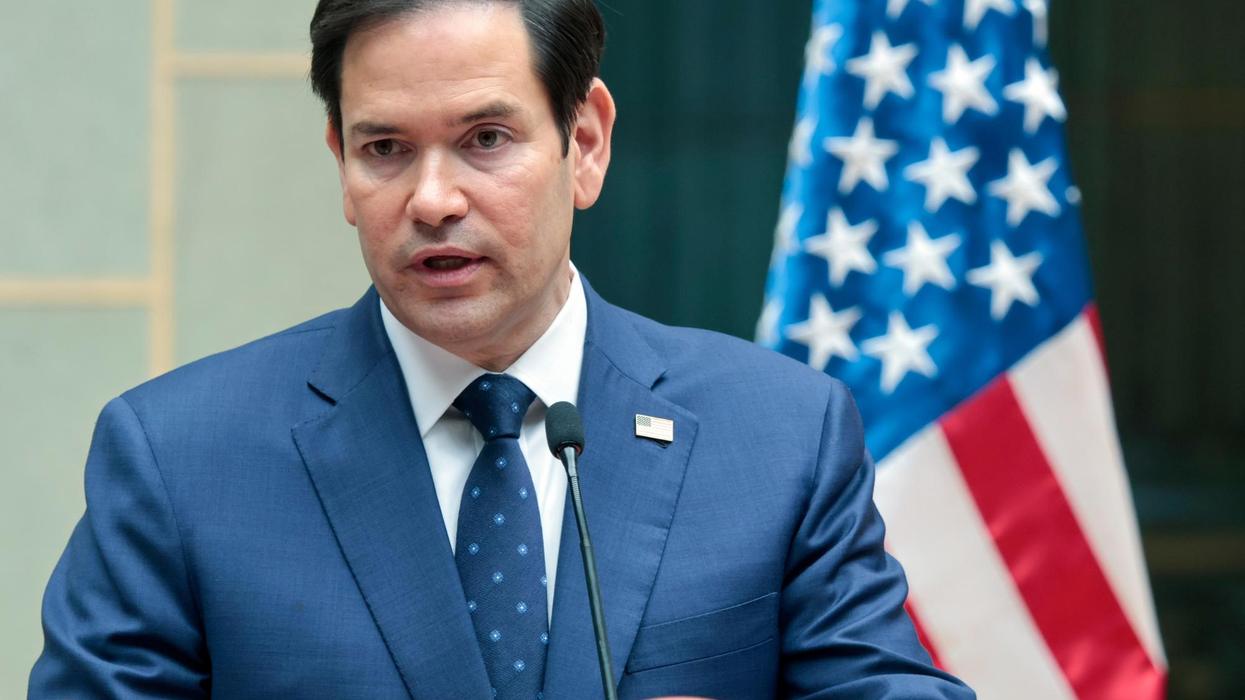In mainstream media outlets, Millennials (a generation with shockingly little wealth) have spent the last decade on a multi-industry killing spree. Now Millennials, along with neighboring Gen X and Gen Z, are coming for your politics.
In both the 2016 and 2018 elections, Gen X, Millennials, and Gen Z have combined to cast more votes than Boomers and older generations. In the 2018 midterm elections, Millennial turnout nearly doubled from the prior 2014 midterm election. Still, Millennials haven’t taken over: while 42 percent of eligible Millennials voted, that still lags behind the 64 percent of Boomers who trekked to the polls.
But as Millennials and younger generations of Americans claim a larger share of the electoral pie, the issues on which they differ from older Americans become more salient. And there are many. As Pew says in their 2018 report, “The Generation Gap in American Politics”:
From immigration and race to foreign policy and the scope of government, two younger generations, Millennials and Gen Xers, stand apart from the two older cohorts, Baby Boomers and Silents. And on many issues, Millennials continue to have a distinct – and increasingly liberal – outlook.
It should be no surprise that Millennials think about U.S. foreign policy differently than older generations. Unlike older generations, Millennials have little to no experience of the Cold War. The oldest Millennials, born in 1981, were in elementary school when the Berlin Wall fell, while the youngest Millennials, born in 1996, have only read about the Soviet Union in textbooks.
Instead of a superpower standoff, Millennials’ life experience of U.S. foreign policy has been defined by the 9/11 terrorist attacks and the subsequent decades of war in the Middle East. The U.S. has been at war for more than half their lifetime. These different patterns of life experience have produced some notably different views among Millennials on foreign policy issues. So, alongside starter homes and chain restaurants, what foreign policies are Millennials killing?
For one, belief in American exceptionalism. When asked whether the United States is the greatest country in the world or whether it is no greater than other countries, a majority of Millennials (57 percent) say the U.S. is no greater than other country — a minority viewpoint among older generations. Millennials are also the least likely to say they are “extremely proud” to be Americans (32 percent, compared to 54 percent of Boomers).
Drone strikes may also be on the chopping block. The January assassination of Iranian general Qassem Soleimani via U.S. drone strike was not greeted with the same sort of jubilation as the death of Osama bin Laden. Instead, the attack was met with skepticism from many corners. Vice President Joe Biden, a leading candidate for the Democratic nomination for president, called it “a hugely escalatory move,” while Sen. Elizabeth Warren, another leading presidential candidate, argued that “our priority must be to avoid another costly war.” As longtime former State Department official Nabeel Khoury put it, “The first casualty of the assassination of Iranian general Qassem Soleimani is diplomacy…it only raises the temperature and the stakes of US-Iran confrontations.”
Polling released in January from the Chicago Council on Global Affairs shows that Millennials are among the most skeptical of Soleimani’s assassination. Six in ten Millennials (59 percent) said the strike would make the U.S. less safe; only 16 percent thought it would make the country safer. By contrast, Boomers were divided, with similar proportions saying it would make the U.S. more safe (39 percent) or less safe (41 percent).
Millennials’ skepticism of the effects of Soleimani’s assassination matches their general skepticism of drone strikes as a way to keep the country safe. In a 2019 Chicago Council survey, a majority of Boomers (58 percent) said that conducting drone strikes against suspected terrorists in other countries makes the U.S. safer. Only 36 percent of Millennials agreed. Instead, four in ten (42 percent) said they make the United States less safe.
Could this simply reflect Millennials’ partisan preferences? As others have pointed out, Millennials as a generation are more likely to be Democrats or Democratic-leaning, particularly compared to older generations. And Democrats as a group are less likely to see drone strikes as making the U.S. safer. But the pattern — Millennials being more likely than older generations to see drone strikes against suspected terrorists abroad as making the U.S. less safe — persists across partisan preferences.
To be clear, Millennials haven’t rejected the U.S. drone program entirely. Two-thirds still see drone strikes against suspected terrorists in other countries as an effective approach to achieving U.S. foreign policy goals. But Millennials are notably less likely to see drone strikes as a very effective approach (26 percent, vs. 44 percent of Boomers). And it’s hardly their preferred approach to achieving U.S. foreign policy goals.
Instead of drone strikes, Millennials’ most favored approach to making the United States safe are alliances with other countries. Seven in ten Millennials say that U.S. alliances make the US safer (72 percent), far and away the most popular policy option. Additionally, a majority of Millennials (53 percent) say that maintaining existing alliances is a very effective means of achieving U.S. foreign policy goals; no other policy has such high support. On the other end of the spectrum, half of Millennials (50 percent) say intervening militarily in other countries to solve conflicts makes the U.S. less safe, and three in four (74 percent) say the same about selling weapons to other countries.
It’s possible that Millennials’ attitudes will shift as they continue to age. Perhaps the intra-generational cultural split between older and younger Millennials will cohere into different sets of policy preferences. But Millennials aren’t young impressionable kids anymore — they are the largest adult generation in the U.S. Half of households are headed by a Millennial with children and there are 26 millennials in Congress. There’s a good chance their views on drones — and more broadly on U.S. foreign policy — are be here to stay.
















